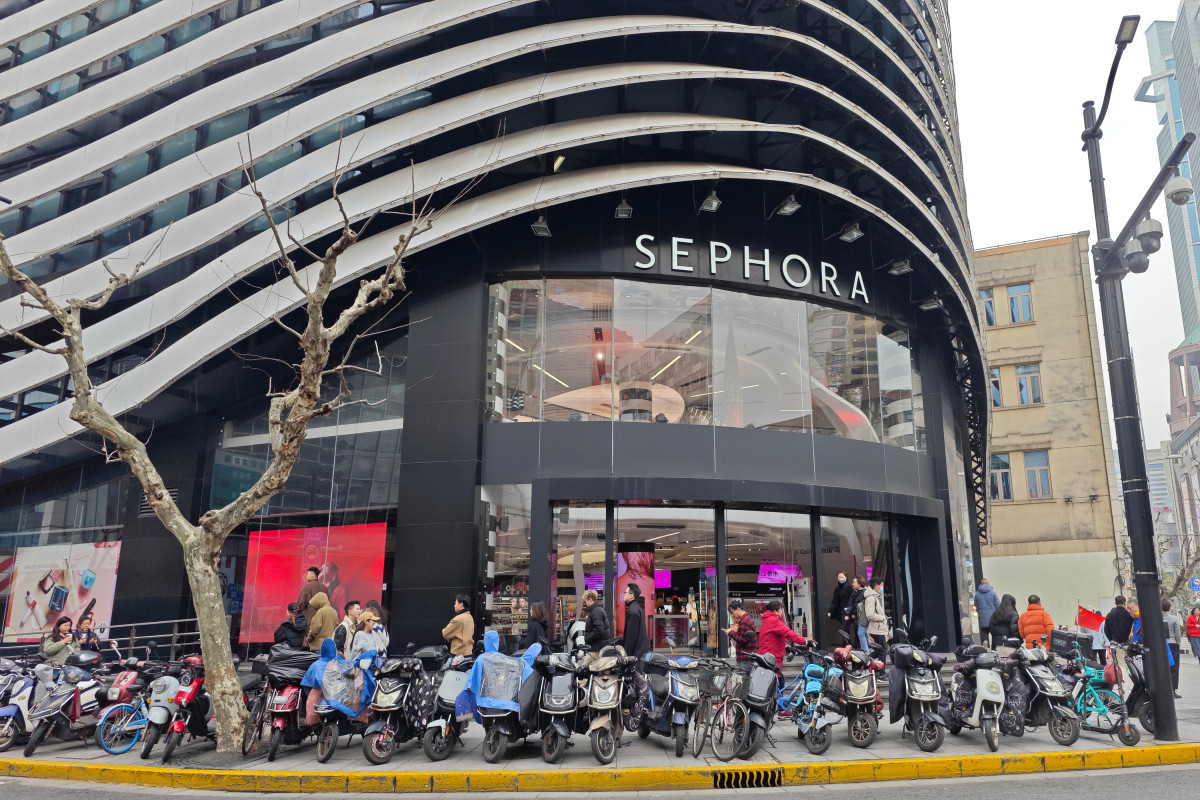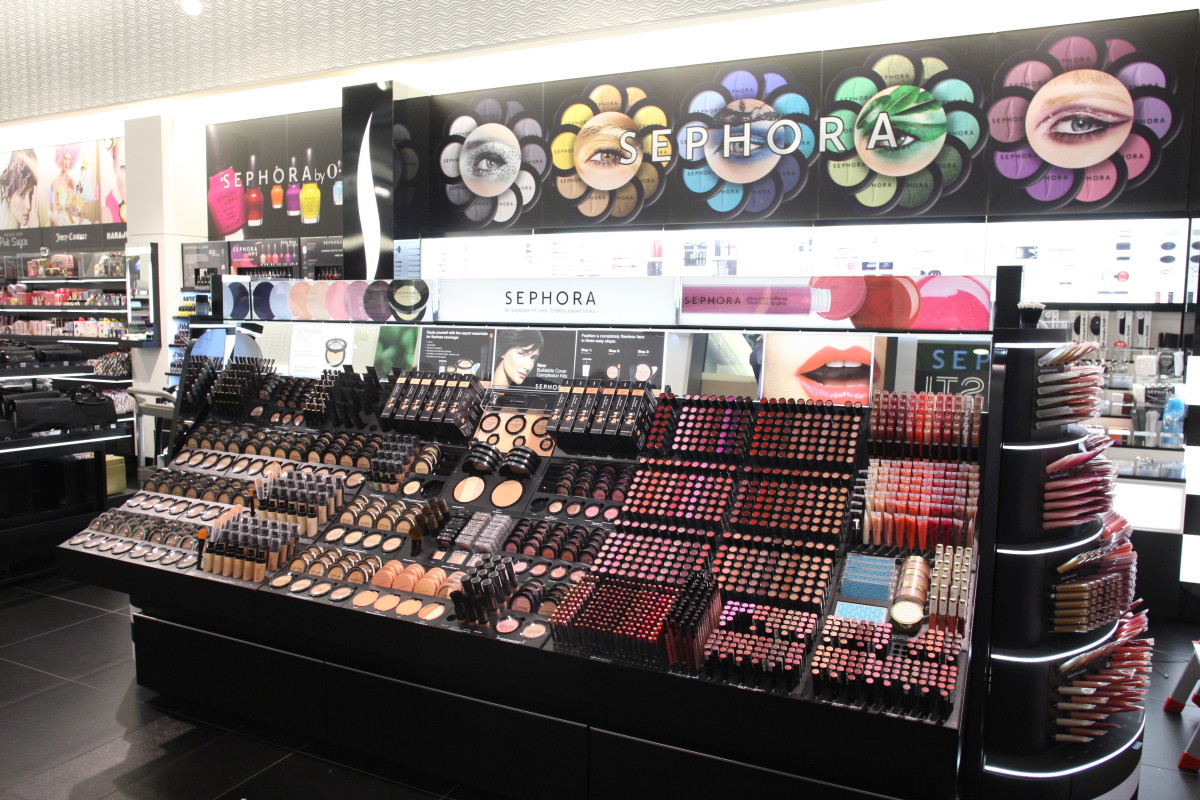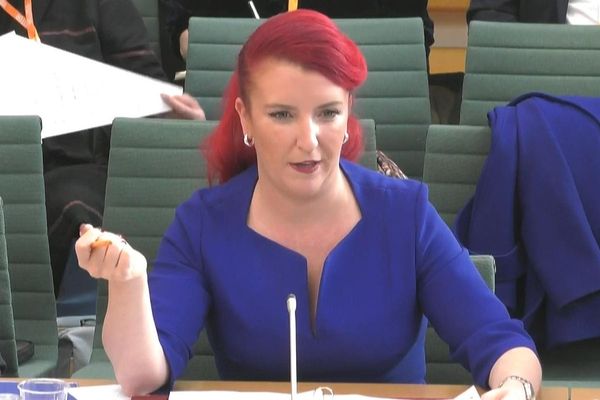
One of the fastest growing but most fickle areas of the retail industry is the beauty market, which seems to change its trends by day as it adds new – and younger – entrants constantly.
Thanks to the rise of social media, the beauty industry is reaching a broader audience than ever before. More potential customers are exposed to more products on a regular basis, and with the rapid nature of changing trends, this presents a potential money pit for tuned-in brands and manufacturers.
Related: Amazon has an answer for Target and Kohl's big beauty moves
Some of the most popular and successful brands have utilized social media, which is largely cheaper for marketing than traditional routes, to their great advantage. Brands like Elf Cosmetics, Huda Beauty, and Glossier are either native to social media or have a major following on platforms like Instagram and TikTok. Many of them either work regularly with beauty influencers to promote their products or were upstarted by influencers outright.
And as younger consumers flock to what was once viewed as more upscale beauty and cosmetics shops, like LVMH-owned Sephora, the impetus is on brands to cater to a wider audience. Nowadays, any brand worth its salt carries quality skin care for a more mature audience, plus some products with bold colors or shimmer for the demographic that skews younger.

Sephora makes an abrupt closure
But even if you carry all the right brands and cater to an ever-widening audience, sometimes, things just don't break your way.
That has been the case for Sephora in one of its most competitive markets, South Korea.
Sephora made the difficult decision in March to shutter its locations and cease operations in South Korea after facing tough competition from other competitors. Korea is home to some of the most tuned-in beauty and skincare enthusiasts, with Korean skincare ranking as one of TikTok's most searched terms consistently and Amazon's top-selling personal care product a CosRx cream from a South Korean manufacturer.
It's easy to understand why foreign beauty shops might face a little bit of skepticism from locals and tourists who make the pilgrimage to one of the biggest beauty meccas in the world.
Sephora, which made the announcement on social media, said it made the decision with "a heavy heart," and will begin closing stores later this spring.
"Sephora Korea will phase out online malls, mobile app stores and offline stores starting May 6, 2024, and proceed with market withdrawal," Sephora wrote in a translated caption on its Korean Instagram page.
View the original article to see embedded media.
Sephora first launched in South Korea's upscale Gangnam neighborhood of Seoul in 2019 and now has five stores in the country. Inside Retail Asia estimates Sephora posted losses of $17.6 billion won in 2022.
It maintains that select products from Sephora can still be found in "10 local stores and online malls in Asia," following the planned May 6 closures.
TheStreet has reached out to Sephora for comment.







